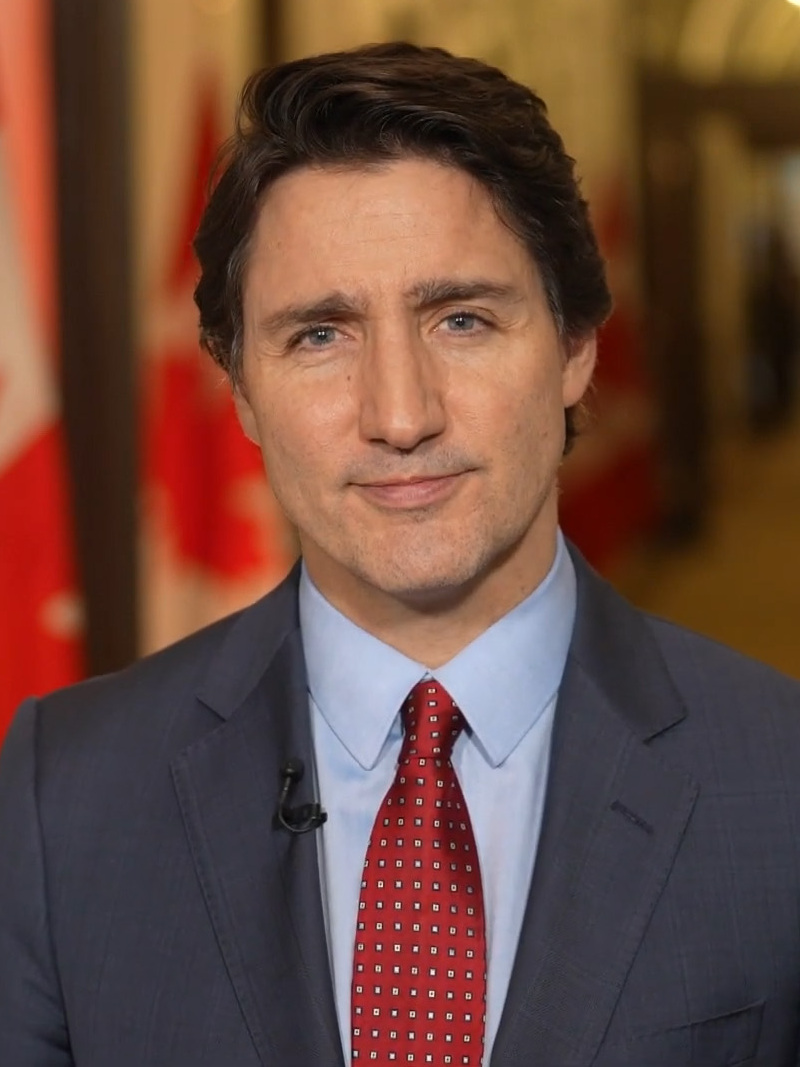Saudi Arabia Signals Shift in Oil Strategy, Willing to End Supply Cuts

This change in stance comes after five years of efforts, led by Saudi Arabia within the OPEC+ framework, to manage global oil supply and demand through substantial output cuts. While the kingdom’s cautious management of oil production has supported higher prices, it has also fostered growing frustration, particularly with other members of the OPEC+ group, such as Kazakhstan and Iraq, which have consistently produced above their assigned targets.
The move to possibly end production cuts and focus on expanding supply marks a major change in Saudi Arabia’s oil policy. Riyadh has historically used its position as the largest producer in OPEC to influence global oil prices, often making strategic cuts to stabilise the market and support prices. However, the prolonged period of lower oil prices and the challenges posed by non-compliance within OPEC+ may have forced Saudi Arabia to reassess its role.
One of the key drivers behind this shift is the kingdom's growing dissatisfaction with certain members of OPEC+, particularly Kazakhstan and Iraq, who have exceeded their agreed production limits. This breach of OPEC+ targets has led to internal tensions, as the group aims to regulate production levels to maintain balance in global oil markets. Saudi Arabia has expressed frustration, arguing that non-compliant members undermine the group's efforts to control supply and stabilise prices.
In parallel, the kingdom appears increasingly willing to take a more aggressive approach, one that prioritises expanding its market share. By ramping up production, Saudi Arabia could place pressure on rivals, including shale oil producers in the United States, while also asserting its influence within the global oil industry. Expanding production could also serve as a hedge against the volatile dynamics in the oil market, particularly with regard to the ongoing fluctuations in demand due to macroeconomic factors such as the global economic slowdown and geopolitical tensions.
Saudi Arabia’s energy strategy is intricately linked to its broader economic goals, particularly the kingdom’s Vision 2030 initiative, which aims to reduce the country’s dependency on oil revenues and diversify its economy. By asserting greater control over its oil output and expanding its market share, Riyadh could increase its financial leverage to support the diversification efforts. The kingdom’s oil sector remains a key pillar of its economy, and any significant changes to its oil policy will have substantial implications for global energy markets and the region’s geopolitical landscape.
The potential shift also comes as major oil consumers, including China, India, and the European Union, are increasingly seeking alternative energy sources to reduce their reliance on fossil fuels. This global transition to renewable energy, coupled with concerns about climate change and the increasing push for cleaner energy, has added an additional layer of uncertainty to the global oil market. With these factors in mind, Saudi Arabia’s willingness to tolerate lower oil prices and focus on increasing production could signal a realignment of priorities within the kingdom’s energy strategy.
The Saudi government’s communication office did not respond to a request for comment on the matter, and while the shift in policy remains speculative, it reflects the broader tension within OPEC+ and the ongoing struggle to maintain unity in an increasingly fragmented global energy market. The kingdom’s position as a key player in OPEC has been bolstered by its ability to influence global oil prices, but this power could be tested if other members continue to defy production targets.
At the same time, the broader oil market faces a complex set of challenges. While a return to higher production levels could increase supply and potentially drive down oil prices, it could also provoke retaliation from other oil-producing nations, especially those who have been adhering to OPEC+ production targets. For example, countries that have abided by production limits may view any shift towards increased output by Saudi Arabia as an attempt to undermine their own market stability, further escalating tensions within OPEC+.
As the global oil market navigates these turbulent waters, the future of OPEC+ cooperation hangs in the balance. The group, which includes both traditional oil-producing nations and others like Russia, has often struggled to maintain a cohesive strategy in the face of diverging national interests. Saudi Arabia’s decision to break away from its traditional policy of output cuts may trigger a chain reaction within the organisation, with other members potentially reassessing their own positions on production limits.

Join the conversation